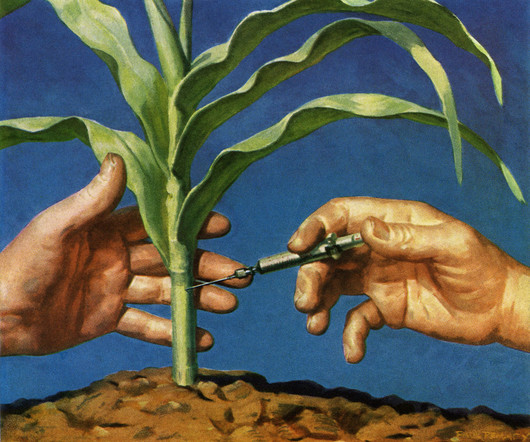Op-Ed | Why the World’s Food Systems Need to Transition Away from Industrial Agriculture
Food Tank
DECEMBER 1, 2023
Today, this model of industrial agriculture is no longer fit for purpose. And it reduces the climate and environmental footprint of growing, processing, and transporting industrially farmed animal food. Moreover, they contribute to forest destruction, the displacement of communities, water pollution and soil degradation.










Let's personalize your content